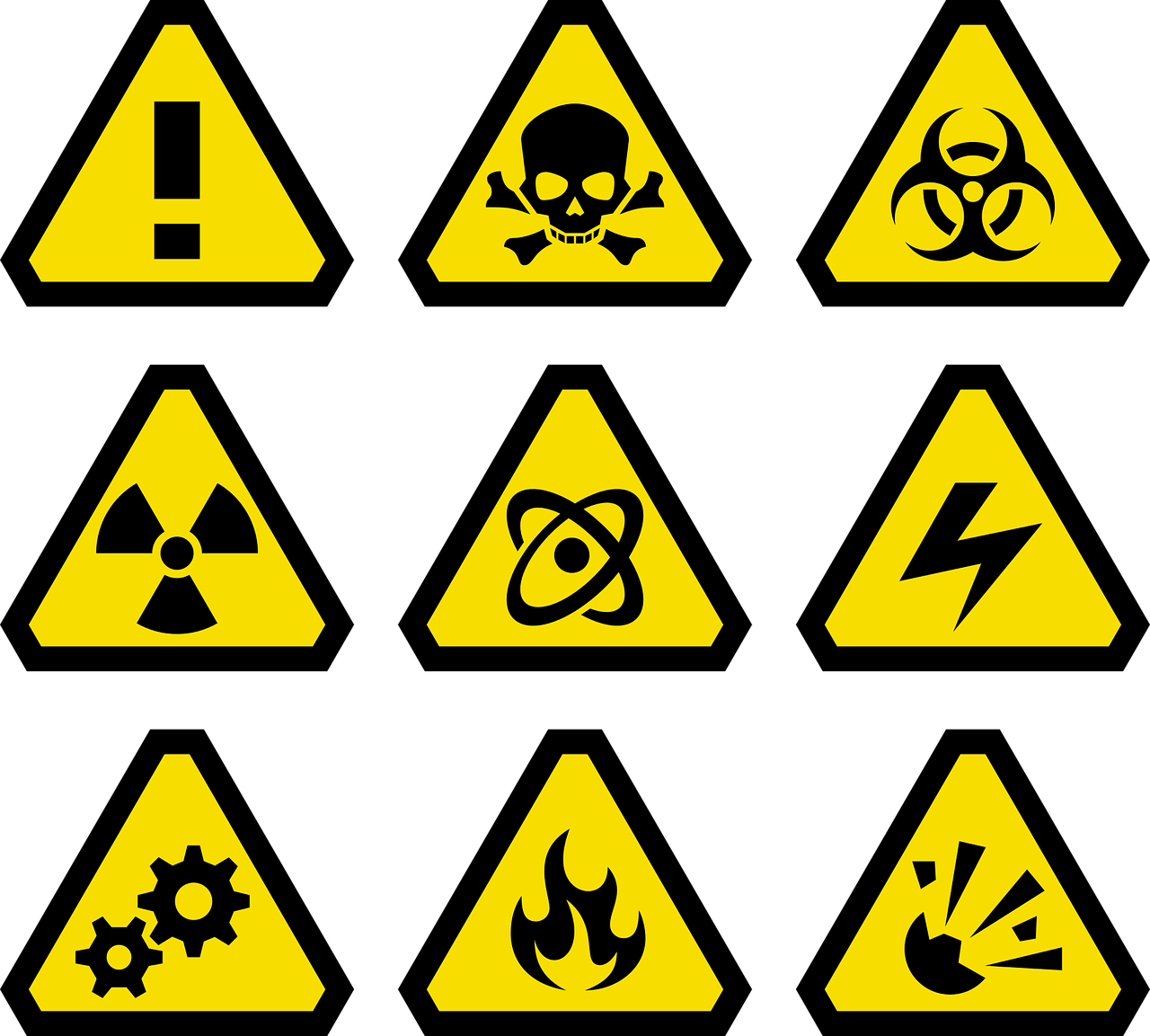A number of websites are currently offering online coronavirus screening. These aren’t a full-scale test. The online sites read symptoms that you enter and then use artificial intelligence to determine how likely it is that you’re positive for the virus.
But there’s a bit of a problem. An investigation by a pair of reporters from STAT reveals that different websites give different responses to the same set of symptoms.
For example, given the symptoms of a fever, sore throat, and runny nose, a chatbot at the U.S. Centers for Disease Control and Prevention responded that the reporter had “one or more symptom(s) that may be related to COVID-19.” It recommended that he contact a healthcare provider “and start home isolation immediately.” (Note that the CDC says the typical COVID-19 symptoms are a fever, a dry cough, and trouble breathing.)
The online coronavirus screening tool at the Cleveland Clinic classified the reporter’s risk of the illness as medium and suggested that he complete an online questionnaire, schedule an exam via telemedicine, or call his primary care physician.
A tool created by Verily, a subsidiary of Google’s parent company, seemed to have a split personality. On one hand, it said the reporter wasn’t eligible for COVID-19 testing. But then it said, “Please note that this is not a recommendation of whether you should be tested.” This website, by the way, is the one that President Donald Trump announced in mid-March. It is being used in only a small area of Northern California.
Use caution with online coronavirus screeners
All in all, STAT reporters visited more than half a dozen online COVID-19 symptom checkers and came up with a mixed bag of results. Andrew Beam, an artificial intelligence researcher in the department of epidemiology at the Harvard TH Chan School of Public Health, provided this perspective for the STAT team: “These tools generally make me sort of nervous because it’s very hard to validate how accurate they are. If you don’t really know how good the tool is, it’s hard to understand if you’re actually helping or hurting from a public health perspective.”
Also watch out for individual testing kits
There’s also some confusion over the validity of an at-home coronavirus testing kit that at least one company is selling online. After buying the kit, the user must collect his or her own sample and mail it to a partner lab. “While their labs may be in compliance with the FDA’s new policies,” reports Fierce Biotech, “people in their homes—where collecting an uncontaminated specimen for a sensitive molecular sequencing test can be a delicate, complex matter—may not be.” The Food and Drug Administration says it hasn’t authorized any at-home testing and that a test could be ineffective if the person isn’t trained to administer it. At least one company that processes at-home COVID-19 tests says it’s ending its test processing, due to the recent FDA guidance.
A useful online pre-test
Some hospitals in Southwest Florida are providing an online service that may help in a couple of ways. Bayfront Health is offering an online consultation, at at least two of their hospitals, for people who fear they may have COVID-19 symptoms. The hospitals are using real health care professionals, rather than an artificial intelligence system, to assess the symptoms of people who are worried they may be positive for the coronavirus. These consultations, which cost $40 via a Virtual Healthcare app, can’t diagnose the virus but they health care provider can determine whether an actual test and an in-person visit are indicated. This, it seems, will save the sick person time and effort and reduce the strain that unnecessary visits place on the hospitals’ emergency rooms.
Beware of another kind of virus
As I was researching this column and searching Google for COVID-19 tests, I received an alert from my security software warning that a “malicious URL was blocked.” It apparently had to do with a security certificate that was issued to a different website than the one that appeared in my search results. It may be nothing, but take this as a word to the wise. A crisis like the one we’re in brings out all kinds of scammers. Be careful not to catch any of their bugs.
(A version of this post first appeared as my column on the Multiple Sclerosis News Today website).
(Featured image by StartupStockPhotos from Pixabay)



